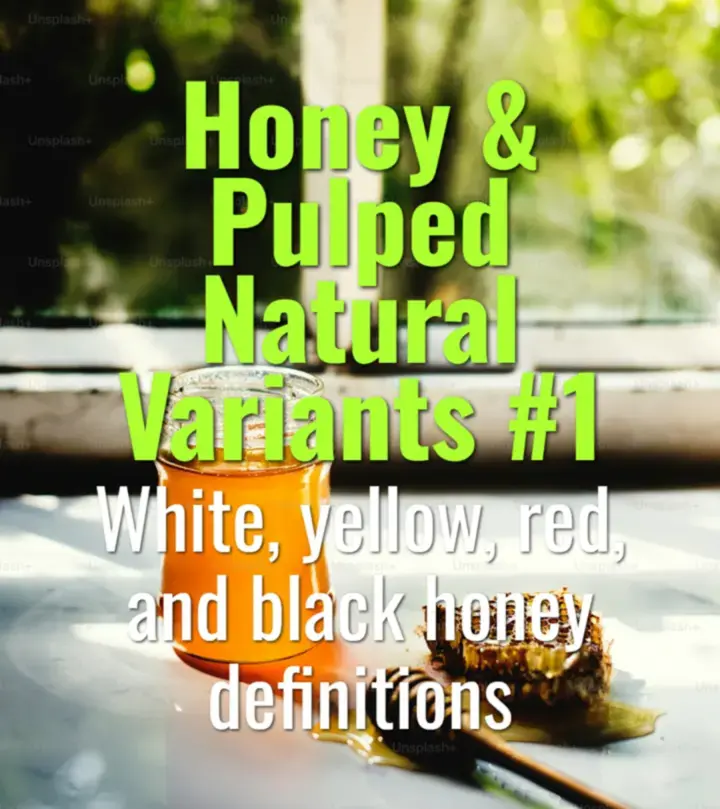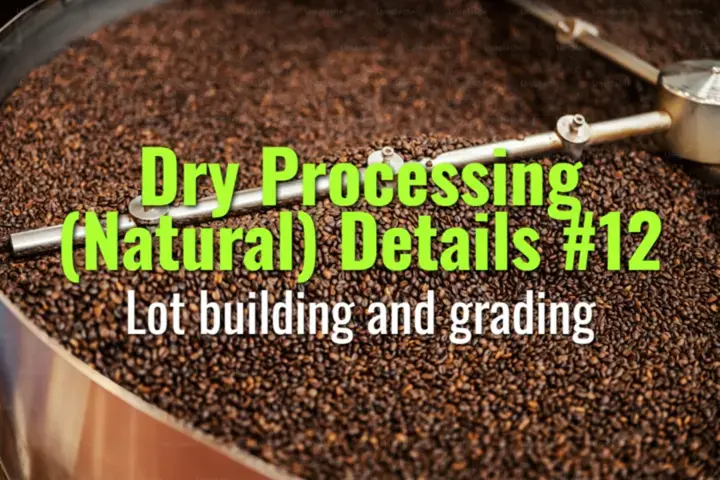
Beyond the Grind: The Surprising Science Behind Your Morning Coffee
For many, coffee is more than just a drink; it's a ritual, a catalyst for conversation, and a source of comfort. Working in the coffee industry, I've seen...

For many, coffee is more than just a drink; it's a ritual, a catalyst for conversation, and a source of comfort. Working in the coffee industry, I've seen...

This topic explains how data logging in honey and pulped natural processes supports repeatability, consistency, and quality improvement across harvests.

This topic explains how altitude and humidity influence honey and pulped natural processing, affecting drying times, fermentation dynamics, and final flavor outcomes.

This topic explains how bed thickness and airflow are managed in honey and pulped natural coffee processing, why they matter for uniform drying, and their impact on flavor and defect prevention.

This topic explains the color-coded honey process variants—white, yellow, red, and black—how they differ in mucilage retention and drying practices, and how these differences influence flavor outcomes.

This topic explains how lots are built and graded in natural (dry) coffee processing, why these steps are critical for consistency, traceability, and market classification, and how they influence final value.